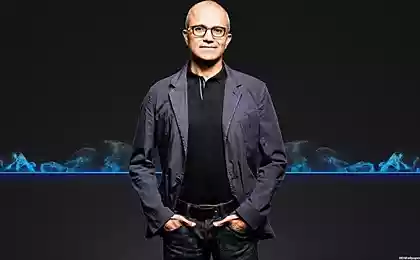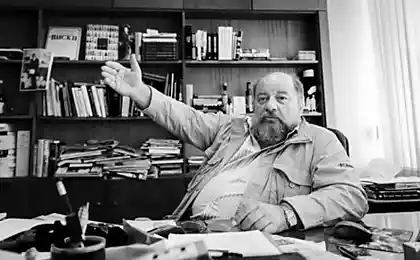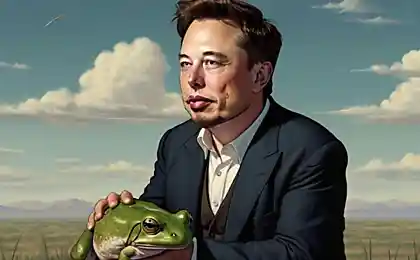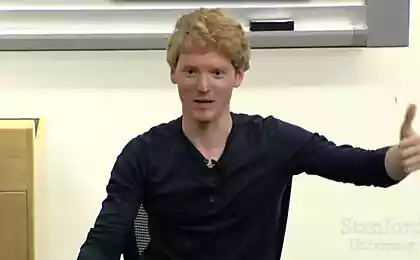657
"Holakratiya": how to work without bosses
A new type of company without menedzhmentaStandartnaya hierarchical structure of the company appeared with assembly-line production, to make it easier to control overgrown organization. In the post-industrial economy small companies have to change their equipment in order to better respond to the dynamic environment. We decided to look into what is holakratiya, a new type of company without management, and how well it can work.
What holakratiya
The term Holacracy - artificial. It was invented by Brian Robertson, founder HolacracyOne, which owns the word as a trademark. If you translate a word from Greek, it turns out that it is "the power of the whole, which is part of the whole." This, however, is not entirely clear that holakratiya - is the structural organization of the company, which negates the need for a well-established structure - especially hierarchical. According to Robertson, he went to long to formulate the basic provisions of the new structure, and the first attempts made with colleagues in other startups. Through trial and error, he spent several years developing new rules of management and self-organization, while in 2009 it was not written "constitution holakratii" which establishes its main pravila.
What draws holakratiyaSotsiokratiya - device type organization in which decisions are taken only if them know all the actors, and they are to some extent agree with them, and the company is structurally composed of semi-circles that are hierarchically linked to each other through the individual participants .
Flexible mtodologiya development - a method of software development within the self-organized groups of professionals who interact with each other to find solutions to the ever-changing challenges.
Lean production - the concept of the organization of production, which is designed to minimize the losses. The optimization of business involves all employees.
Stakeholder theory - the theory in the science of management, according to which the company must take into account the interests of all stakeholders, ie the stakeholders in the broadest sense.
Read more on the site «Look at me»
via www.lookatme.ru/mag/how-to/inspiration-howitworks/214823-holacracy
What holakratiya

The term Holacracy - artificial. It was invented by Brian Robertson, founder HolacracyOne, which owns the word as a trademark. If you translate a word from Greek, it turns out that it is "the power of the whole, which is part of the whole." This, however, is not entirely clear that holakratiya - is the structural organization of the company, which negates the need for a well-established structure - especially hierarchical. According to Robertson, he went to long to formulate the basic provisions of the new structure, and the first attempts made with colleagues in other startups. Through trial and error, he spent several years developing new rules of management and self-organization, while in 2009 it was not written "constitution holakratii" which establishes its main pravila.
What draws holakratiyaSotsiokratiya - device type organization in which decisions are taken only if them know all the actors, and they are to some extent agree with them, and the company is structurally composed of semi-circles that are hierarchically linked to each other through the individual participants .
Flexible mtodologiya development - a method of software development within the self-organized groups of professionals who interact with each other to find solutions to the ever-changing challenges.
Lean production - the concept of the organization of production, which is designed to minimize the losses. The optimization of business involves all employees.
Stakeholder theory - the theory in the science of management, according to which the company must take into account the interests of all stakeholders, ie the stakeholders in the broadest sense.
Read more on the site «Look at me»
via www.lookatme.ru/mag/how-to/inspiration-howitworks/214823-holacracy
Love is not much different from a severe obsessive-compulsive disorder
"Any power equally harmful" Oscar Wilde on the superiority of individualism























